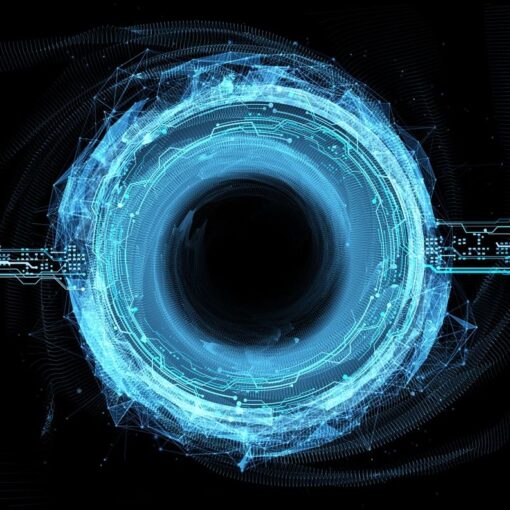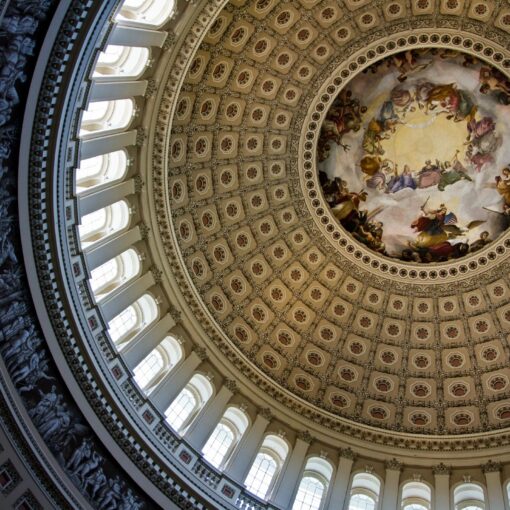The Chemical Society of Washington (CSW) participates in Project SEED, a summer research program for economically disadvantaged high school students to experience what it’s like to be a chemist. Participants are asked to share with CSW members something from their experience that has impacted their perspective as a chemist.
By SangHo Jee
Whenever I tell my classmates that I worked in a lab over the summer, people imagine mysterious individuals in white lab coats pouring suspicious substances from one flask to another. I have to tell them that researching in science isn’t really about suddenly inventing a new chemical that will cure cancer. It’s about the cooperation of individuals all around the world towards the common goal of explaining the world around us. The complex jargon and assortment of acronyms that scientists use can be dense and intimidating, but at its core, science is all about methodical observations to prove a hypothesis and explain something we don’t understand.
Imagine high school students in professional and university laboratories. It sounds like the prelude to a catastrophe, right? That scary scenario is exactly what the Project SEED program aims to do. It is about getting high school students into laboratories in universities and institutions around the DC metro area. I was fortunate enough to be one of those fellows, working alongside Dr. Nie at the University of Maryland College Park. My research focused on new molecules composed of gold nanoparticles attached to amphiphilic block copolymers to self-assemble in water. During my short time as a novice researcher, I’ve experienced the fundamentals of what makes science objective and important.
Project SEED has shown me how science really gets done. It’s a very slow and methodical process, filled with mistakes and uncertainties. In order to truly prove that one variable caused the result, everything has to be controlled and kept constant, which are the most important parts of good experimental design. In my time, I’ve made many mistakes, either forgetting that the temperature wasn’t controlled or realizing that my simple math to calculate the final concentration was mistaken. At least in these cases I knew the mistake, other times I would get different results although I was sure that everything was constant, repeating the experiment week after week to get a consistent result.
Science is also about working with others. Without my mentors guiding me through my research, explaining the data I’ve collected, I would have been lost. Literature written and published by other researchers around the world showed me what breakthroughs have already occurred and how they explained their results. I’ve learned experimental procedures on finding the drug loading efficiency of my carriers and have seen how different molecules in my experiment may react.
Thanks to the opportunity given to me by the Chemical Society of Washington and the American Chemical Society, I can now explain to my classmates how true science is accomplished. It is a collective effort of careful and methodical experimentation and observation that is done repeatedly. In the controlled situation of a lab, this experience gave me an understanding of how science is really done in the world. Next time I read an article on a new breakthrough, I can now understand the work required of everyone in the field to improve our daily lives.
For more information on Project SEED, please look here and here. Contact csw@acs.org with additional questions.



